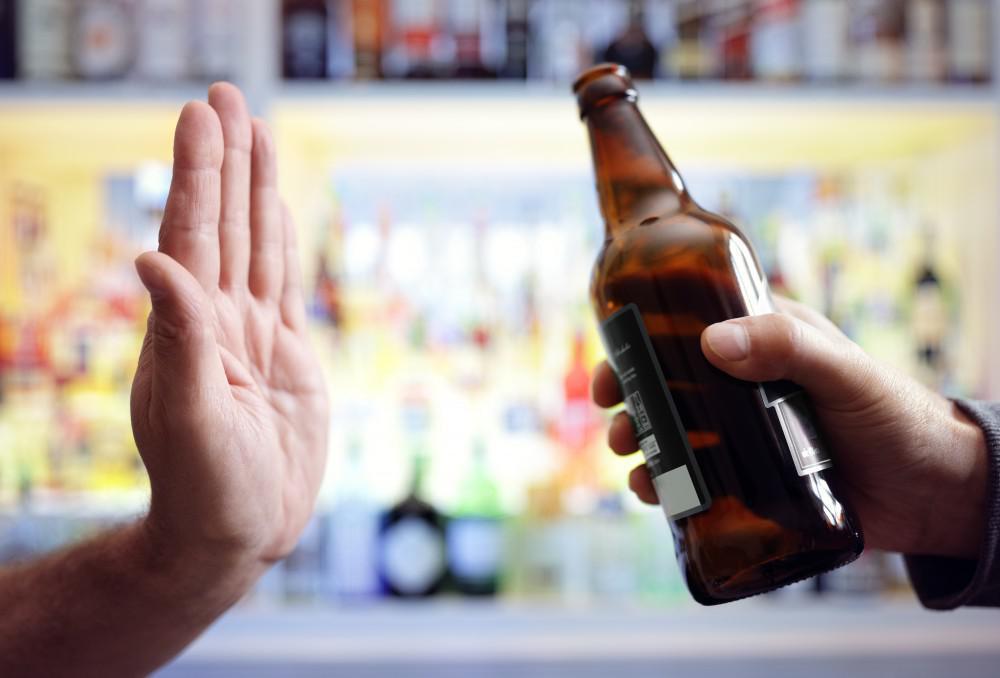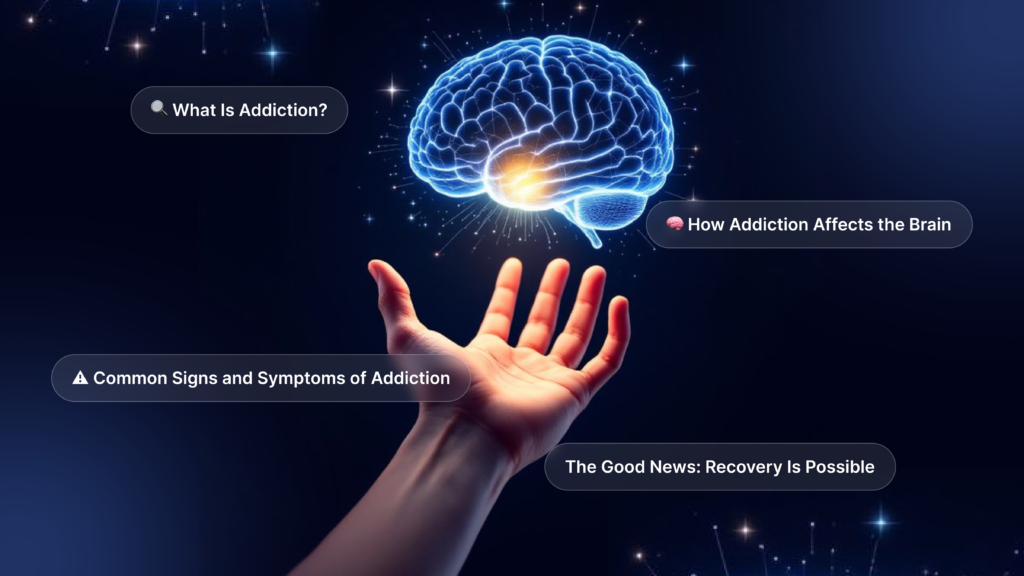
5 Tips for Staying Sober
You’ve done the work to become clean and sober, and you want to do what you can to stay that way. Here are five great tips that will help you safeguard your freedom from a substance use disorder.

Addiction is a complex condition that affects millions of individuals and families, yet it’s often misunderstood. Whether you’re seeking help for yourself or a loved one, understanding what addiction really is can be the first step toward recovery.
Addiction is a chronic brain disease that affects the way a person thinks, feels, and behaves. It goes beyond occasional use—addiction involves a compulsive need to use substances despite harmful consequences to health, relationships, work, or school.
The American Society of Addiction Medicine defines addiction as a “treatable, chronic medical disease involving complex interactions among brain circuits, genetics, the environment, and an individual’s life experiences.”
Substances like alcohol, opioids, methamphetamine, and cocaine hijack the brain’s reward system. Over time, the brain begins to rely on the substance to feel pleasure, manage stress, or even feel “normal.”
Key brain changes include:
Everyone’s experience is unique, but here are some general signs to look for:
While the initial decision to use a substance might be voluntary, addiction is not a choice. It’s a medical condition—just like asthma or diabetes—that requires treatment, support, and ongoing care.
Addiction is treatable. With the right support system, tools, and treatment approach, many people go on to live healthy, fulfilling lives in recovery.
If you’re unsure whether you or someone you love is struggling with addiction, reach out to us at Northview Wellness, we can help you navigate this often complicated healthcare arena.

You’ve done the work to become clean and sober, and you want to do what you can to stay that way. Here are five great tips that will help you safeguard your freedom from a substance use disorder.

The connection between a substance use disorder and a mental health issue is a strong one, as the nearly eight million Americans who have a co-morbidity prove. When this occurs, treating both issues is paramount.

Addiction is a chronic disease that requires constant vigilance and good management. When a person falls short, relapse can occur. If you’re worried that a loved one has relapsed, here are some signs to look out for.

You believe that you’re drinking isn’t normal anymore, and you’re tired of the overwhelmingly negative effects that alcohol is having on your life. The good news is that alcoholism is highly treatable.

The rise in availability of telehealth services has been great news for those who need (or would prefer) to receive quality health care from the comfort of their own homes. These services also extend to substance use disorders.

Marijuana may be legal, but like with alcohol, how you use this legal substance makes a difference. If you develop a use disorder, marijuana can be quite harmful and affect a number of areas of your life.